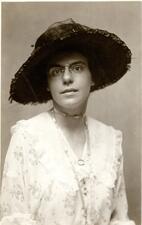Writing
Elaine Showalter
Elaine Showalter is a pioneer of feminist criticism. She is best known for inventing the term “gynocriticism,” a new theoretical framework that argued that that women had been using the language of men for far too long and that they needed to develop a new critical approach to better understand the female subcultures that operate within male-dominated power structures.
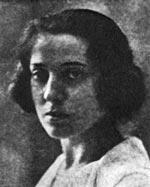
Fradel Shtok
Fradel Shtok’s Yiddish poetry and prose is distinctive for its treatment of the inner sensual lives of Jewish women. Although she showed great promise as writer, she was discouraged by the unenthusiastic reception of her work by leading critics and withdrew from the literary scene after publishing only one collection of short fiction in 1919. A number of Shtok’s poems appeared in American Yiddish literary journals and anthologies, but no collection of her poetry ever appeared.
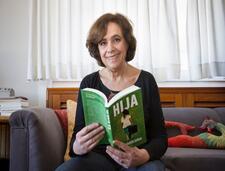
Ana María Shua
Ana María Shua is an Argentine writer and screen writer who is internationally known as a specialist in short stories, in particular micro fiction tales, which are stories of just two or three lines of extension. She is well known in the Hispanic world as the Queen of the Microstory and employs her writing to narrate various aspects of the Jewish experience.
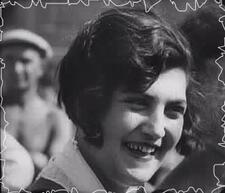
Esfir Il’inishna Shub
Esfir Shub was active as an editor, director, and writer of nonfiction films for twenty years, from 1927 to 1947—one of the few women in the Soviet Union at that time to achieve some standing in the film industry. Shub found success as a woman in the film industry by pioneering the form of compilation documentary and by producing technically competent work that satisfied the political needs of the communist moment.
Shulammite: Bible
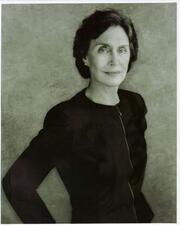
Alix Kates Shulman
Alix Kates Shulman is a radical feminist writer and activist and a leader in the second-wave feminist movement of the 1960s through 1980s. She is best known as the author of “The Marriage Agreement” (1970) and the best-selling Memoirs of an Ex-Prom Queen (1972), which was heralded as the “first important novel of the Women’s Liberation movement.” She was honored with a Clara Lemlich Award for a lifetime of social activism in 2018.
Dora Shulner
Dora Shulner was a Yiddish writer who vividly evoked for her readers life in the Pale of Settlement before, during, and after the Russian Revolution and Civil War. She candidly portrayed women in their most intimate relationships with men, revealing the complexity of their disappointments and aspirations.
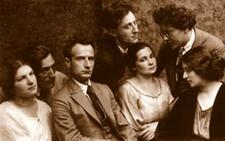
Esther Shumiatcher-Hirschbein
Yiddish writer Esther Shumiatcher-Hirschbein was born in Belarus in 1899 and emigrated to Calgary, Canada, with her family in 1911. Her poetry devoted to her pregnancy and childbirth were considered groundbreaking, along with other themes in her work, including grief, marriage, sexuality, and widowhood.
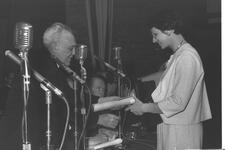
Judith Tannenbaum Shuval
Judith Shuval is one of the main scholars in the field of the sociology of health in Israel. Her research on migration and health, inequality in health, self-care in health, the doctor-patient relationship, and the processes of professional socialization has been based in concrete life in Israel and has broader implications for such topics cross-culturally.
Sylvia Sidney
Feisty and opinionated, Sylvia Sidney was quite the opposite of the waiflike victim of social oppression she played in Hollywood’s Depression Era films. While she disliked playing the victim, her vulnerability and working-class persona resonated with audiences. She earned an Oscar nomination for her performance in Summer Wishes, Winter Dreams, took on a comic role as the caseworker in Beetlejuice, and played a sympathetic grandmother in one of the first TV movies about AIDS, An Early Frost.
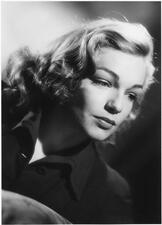
Simone Signoret
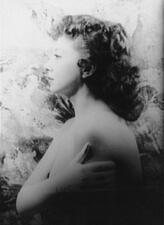
Beverly Sills
Beverly Sills was a trailblazing opera singer who, after a robust singing career at the New York City Opera Company (NYCO) and the Metropolitan Opera House, became the first female director of the NYCO, and the first female chair of the Lincoln Center board. Sills defied the odds in her career accomplishments while raising two children with disabilities and being actively involved with several charitable organizations.
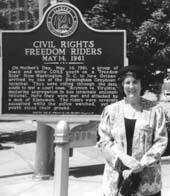
Carol Ruth Silver
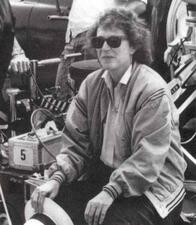
Joan Micklin Silver
Award-winning director and screenwriter Joan Micklin Silver, born in 1935 in Omaha, Nebraska, wrote and directed the 1975 barrier-breaking independent film Hester Street, which sparked an interest in the lives of immigrant Jews. She also directed Crossing Delancey (1988), five other feature films, and several films for television.
Helene Simon
Greatly influenced by the socialist ideology of the Fabian Society in London, Helene Simon was as a pioneer in the theory and practice of social policy and welfare in Germany. Simon was a major advocate for structural changes in Germany’s welfare system, especially for the benefit of women and children.
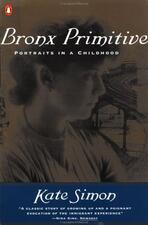
Kate Simon
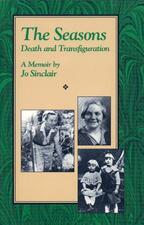
Jo Sinclair
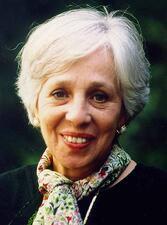
Maxine Singer

Jenny Slate
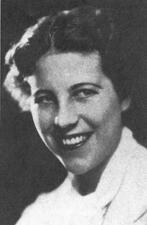
Tess Slesinger
Novelist and Hollywood screenwriter Tess Slesinger was born in New York on July 16, 1905. She published several works, including: The Unpossessedand Time: The Present. Slesinger died of cancer at age thirty-nine before the premiere of one of her final works, the acclaimed A Tree Grows in Brooklyn.
Mollie Slott
During a 56-year tenure with the Chicago Tribune-New York Daily News Syndicate, Mollie Slott guided the daily operation of a nationwide news distribution service that, in addition to the comics, included columns of advice, sports, politics, and serialized fiction.
Chava Slucka-Kesten
Chava Slucka-Kesten started teaching in Warsaw before World War II and continued her career through the war in Moscow. After the war she became an author and sustained her political involvement. Writing from the perspective of a politically engaged woman, Slucka-Kesten offers a unique glimpse into pre- and post-war Jewish life in Poland’s cities and villages, as well as into the early years of the State of Israel.
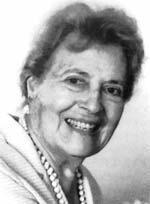
Virginia Snitow
Virginia Levitt Snitow was a multifaceted woman who was a teacher, political activist, pre-Second Wave feminist, poet, writer and founder of US/Israel Women to Women. Ahead of her time in the fight for both civil and women’s rights, Snitow was unafraid to take unpopular stances when fighting for others.
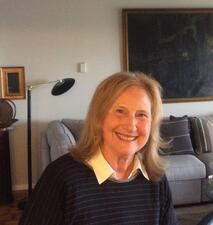
Sociology in the United States
Jews have made a disproportionate contribution to the field of sociology, despite discrimination and exclusion. Because sociologists are not identified by religion, it is difficult to know which American women sociologists are Jewish. Therefore, the first challenge in understanding the contribution and experience of American Jewish women sociologists is to identify them.
